Spatium Blog
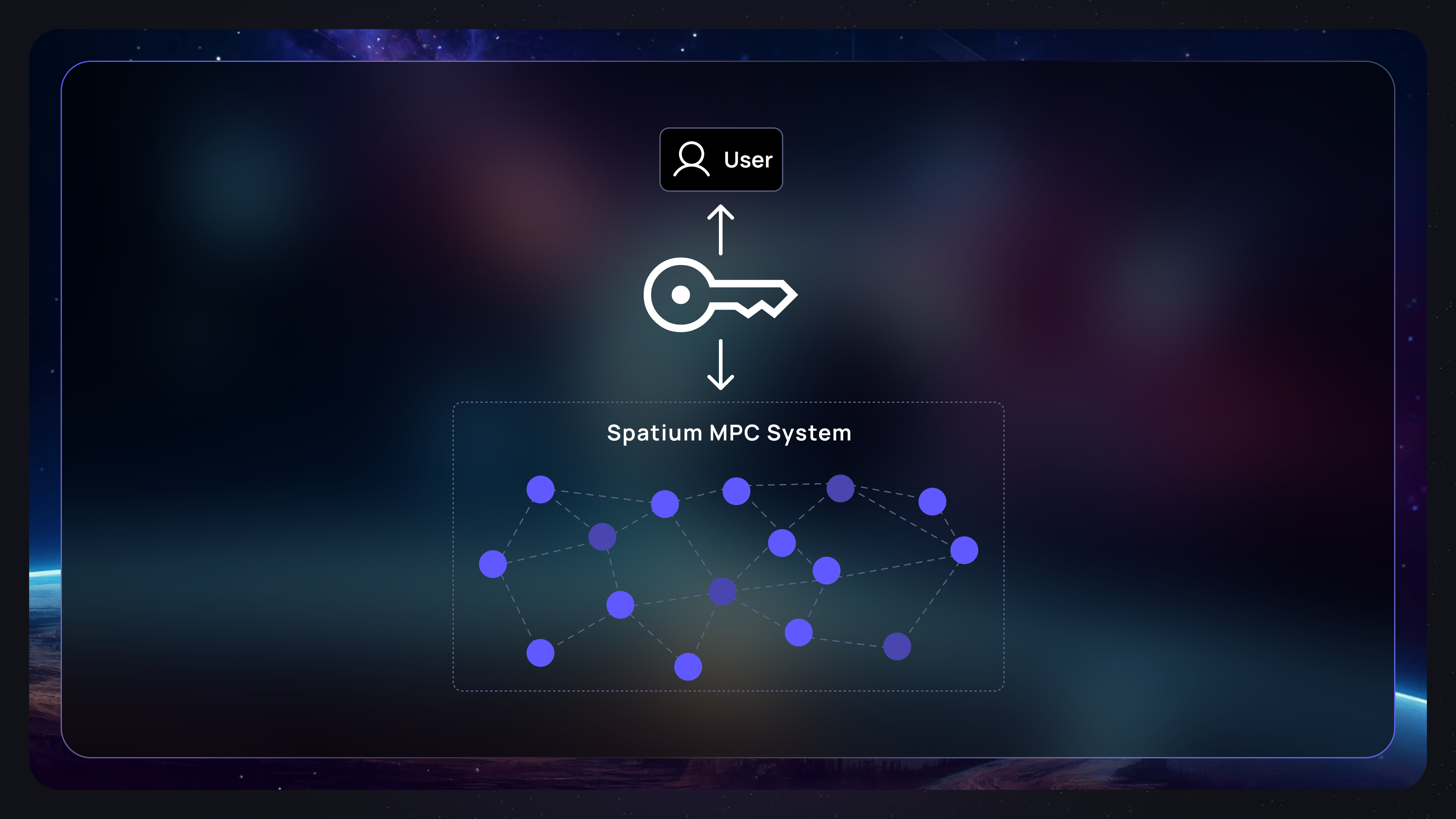
What is Self-custody and How Do Self-custodial Wallets Operate?

Probably you already know that web3 hosts different types of crypto wallets. There are cold and hot wallets, mobile and desktop, and external and smart contract wallets. But the most important parameter to classify the wallet is the type of private key storage. Based on who is in charge of the key safety, you will face different financial risks and benefits.
In this post, we would like to discuss custodial and self-custodial wallets. Also, we would like to answer the question of why self-custodial wallets are getting popular.
What are custody and self-custody?
The two big types of wallets based on the ownership of the private key are custodial and self-custodial (which include non-custodial and semi-custodial) wallets. Self-custodial wallets give full control over crypto to users. Either a private key or a part of the private key is stored on the user's device which makes users full custodians of their wallets. Custodial wallets store wallet private keys on third-party servers, users don’t have access to them.
Custodial crypto wallets
Custodial wallets are hosted on a website or come as an app. The most important thing to understand is that the private key is owned by a third party, a provider of crypto wallet services. Whoever owns the key, controls the wallet.
In the majority of cases, crypto wallet service providers are crypto exchanges. If you would like to come to a crypto exchange and get crypto, sell it, trade, or store it, you should have a crypto wallet. Crypto exchanges are happy to provide users with the custodial one.
Of course, such wallets are user-friendly and convenient for users with different technical backgrounds but every operation they want to perform requires approval from the service. There are limits set to the funds to withdraw. Also, the majority of custodial crypto exchanges and wallet providers require you to go through Know Your Customer (KYC) verification.
So, just to be clear: custodial wallet providers hold your private keys and may have access to the wallets for security reasons. They can freeze or limit your access to digital assets. And, most importantly in case of a hack attack, service providers are not responsible for the keys’ loss. If a custodial wallet provider gets compromised, you lose all your assets and this cannot be restored.
Self-custodial crypto wallets
Non-custodial crypto wallets
Non-custodial wallets are a group of wallets, which could be hot or cold, desktop or mobile apps, etc. But the one thing they have in common is that users of such wallets don’t need any third-party approval to perform transactions. If you operate a non-custodial crypto wallet you have full custody over the private key.
At the same time, financial freedom comes with a huge responsibility. You have to protect your private keys. They cannot be stolen, lost, or compromised in any way, because the access to the funds will be lost forever. That’s why private keys are the target of malicious hacker attacks. In addition to all that, non-custodial wallets are usually not convenient to operate, especially for users who are not tech-savvy.
Semi-custodial crypto wallets
A semi-custodial crypto wallet is a wallet that takes the best features out of custodial and non-custodial wallets. The key concept of a semi-custodial crypto wallet is that the authorization for transaction signing is shared among several parties (two or more). At the same time, users of semi-custodial wallets have full ownership over their private keys, which makes them self-custodial.
The good question is how this can be possible. When advanced mathematics and cryptography are in action, everything is possible. Multi-party Computation (MPC) is responsible for splitting a wallet's private key into several secrets (shards) and storing them in different places.
We can describe the process of tackling a wallet's private key as follows: there are two (or more) encrypted pieces of a key. When you would like to sign a transaction these pieces are activated and build a phantom private key. With the help of this phantom key, a transaction is signed.
It means that you don’t have to face the reality of self-protecting your private key and at the same time, if the service gets compromised the hackers will get access only to a part of the key, which is not enough to get access to your digital assets.
Spatium crypto wallet is a self-custodial wallet powered by MPC technology. It’s convenient to use and highly secure. Spatium wallet is ideal for users who are just making their first steps in the crypto world. At the same time, advanced web3 users praise Spatium wallet for its unprecedented level of security and funds protection.
Spatium Feeless Bitcoin MPC wallet is easy to use and free to download. It’s available on Android and iOS devices.
In addition to convenience, it brings a competitive edge by offering feeless transactions.
Try Spatium Feeless Bitcoin Wallet and the feature allowing you to pay a network fee in the currency you send instead of native chain tokens (currently available for USDC on Ethereum. More chains and tokens will be added soon).
Keep a close eye on Spatium Feeless Bitcoin wallet which is building DeFi on Bitcoin and actively working toward the introduction of feeless crypto transactions and cheapest ever peer-to-peer crypto swaps without escrow.
Follow us on social platforms: X, LinkedIn, Discord, and Telegram.
LATEST ARTICLES

What are Cryptocurrency Fees on Blockchains?

Fundamentals of Web3: Blockchain Protocols

What is Crypto Wallet Backup?
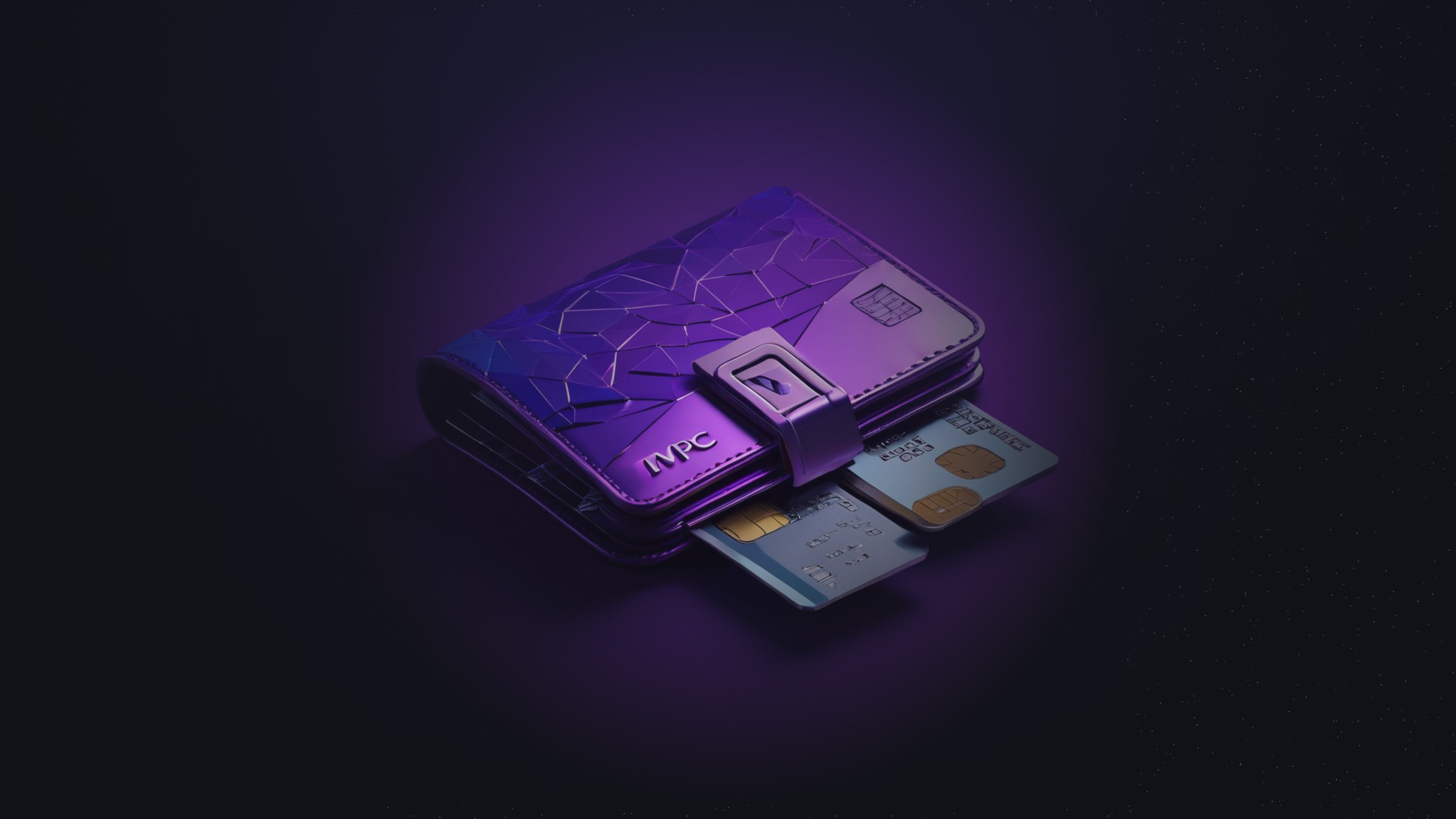
MPC vs Multisig Wallets: Why MPC Wallets are Better?

What is Multi-Party Computation (MPC)?
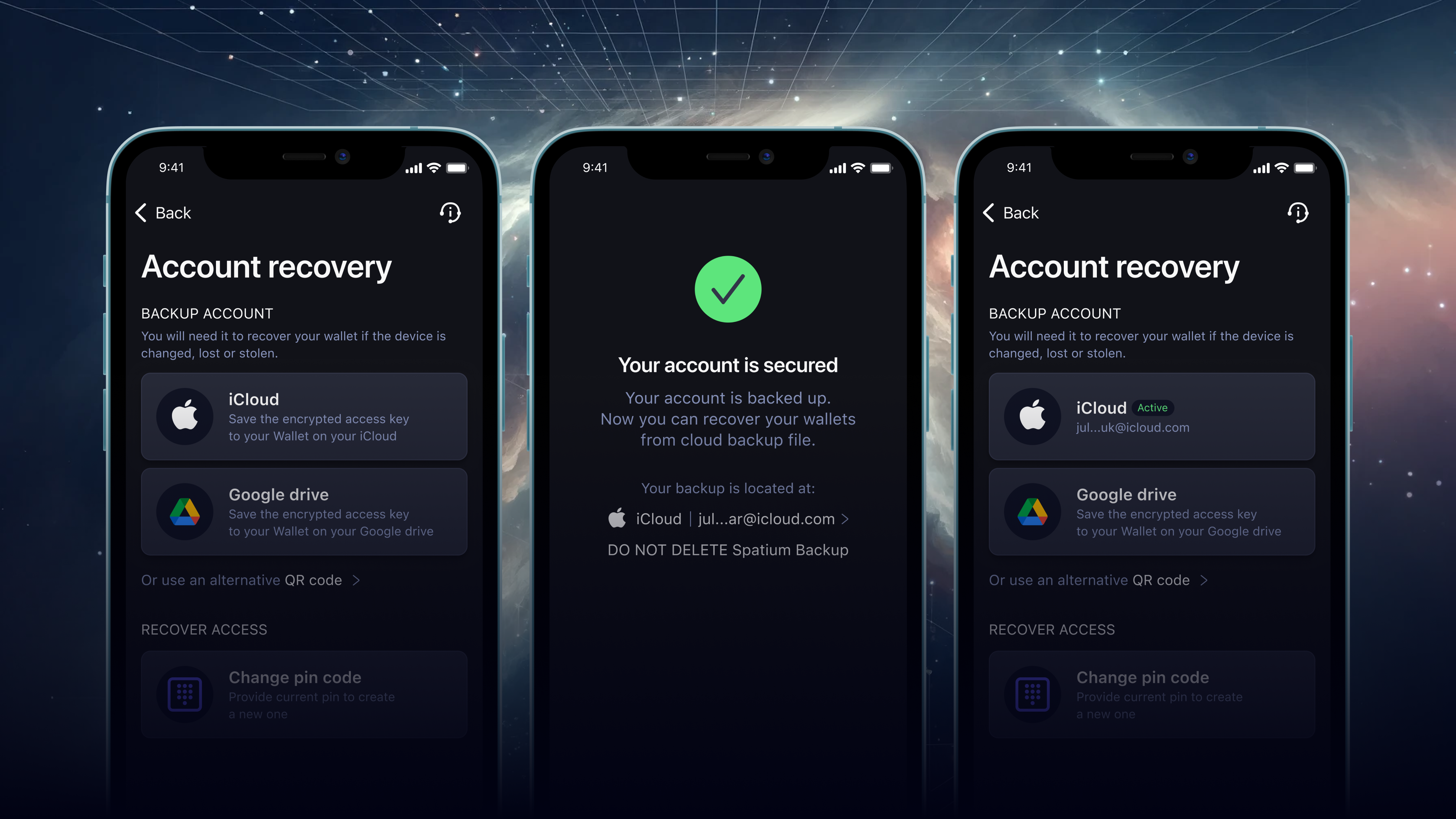
How to Backup your Spatium Wallet
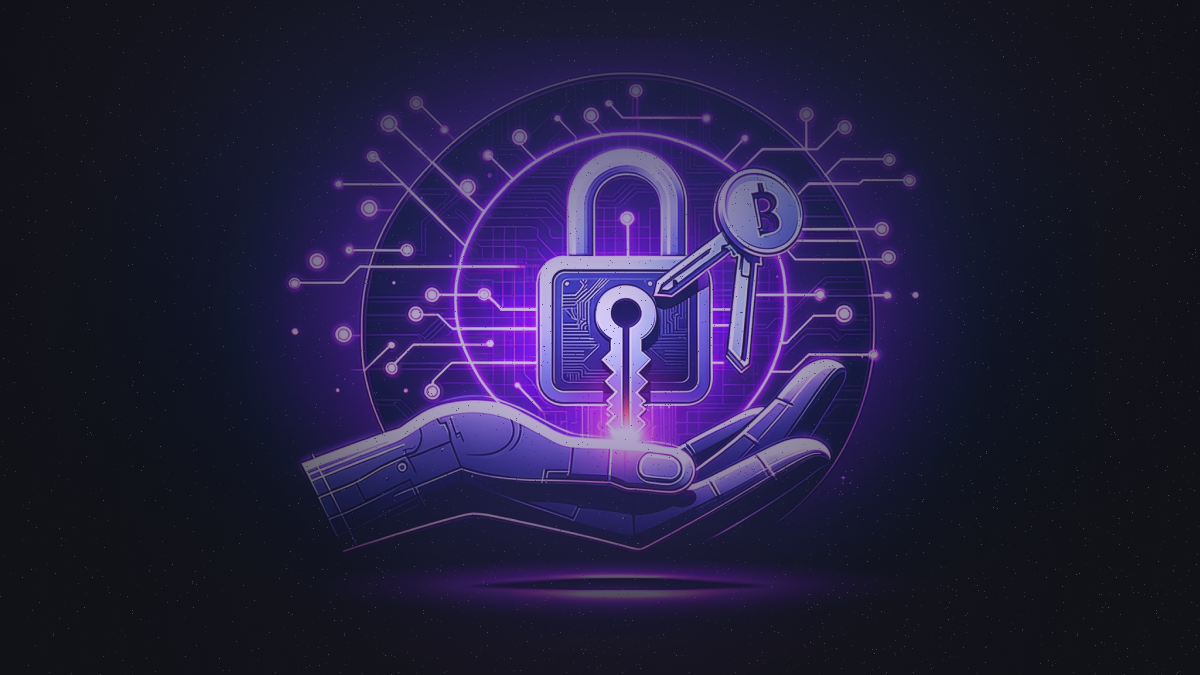
Deep Dive Into How Private and Public Keys Work
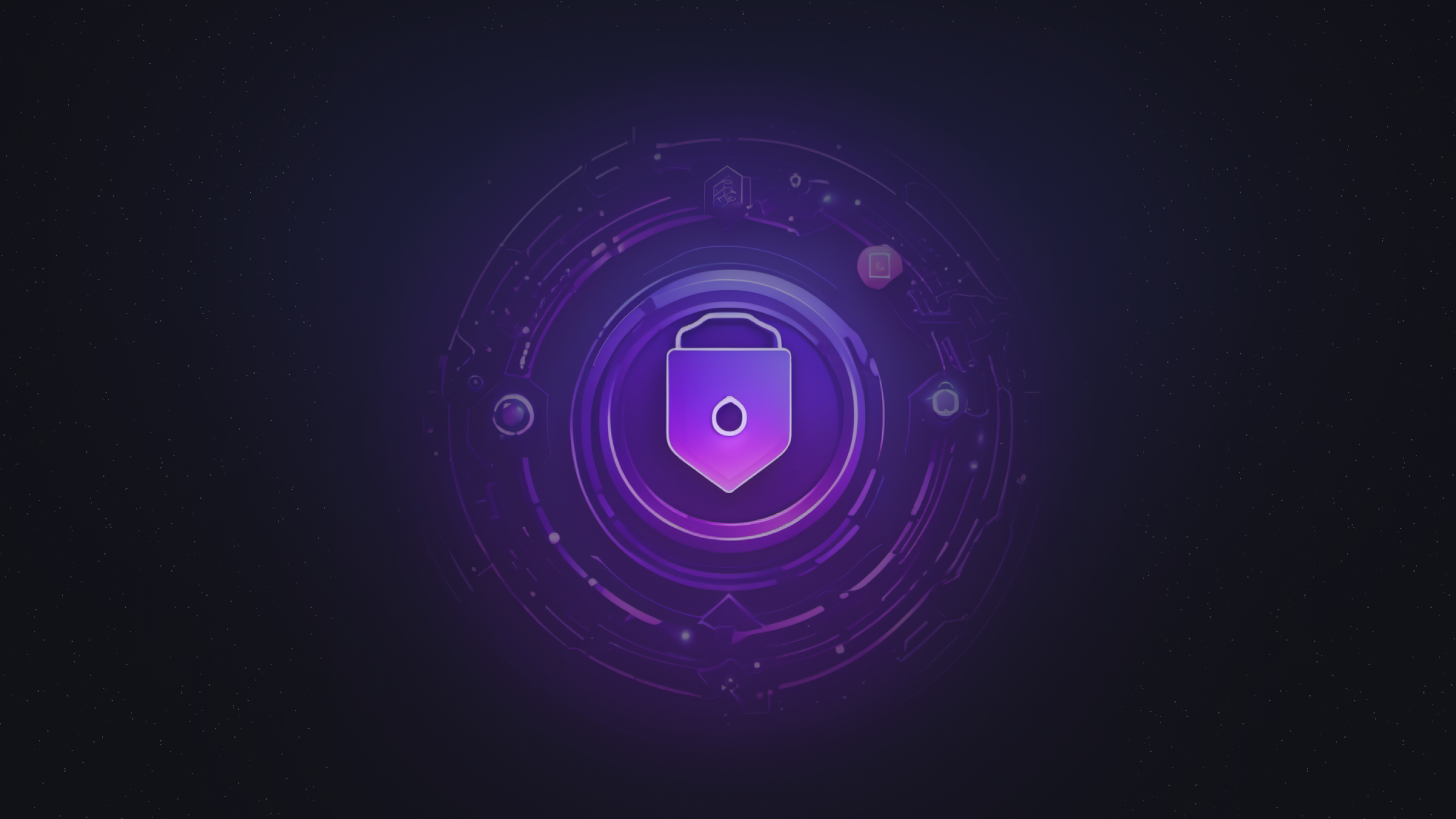
What is a Crypto Wallet?
